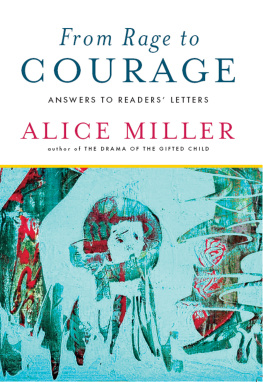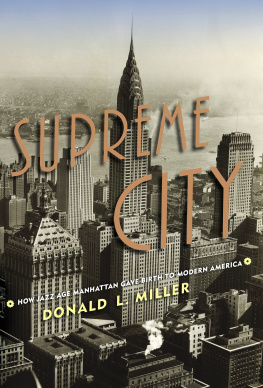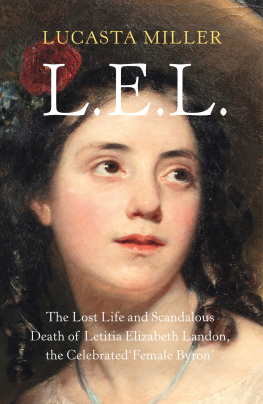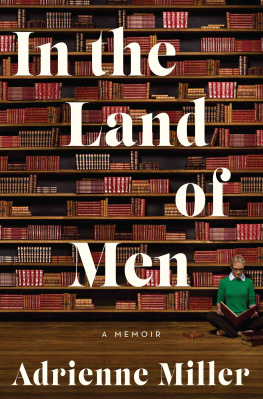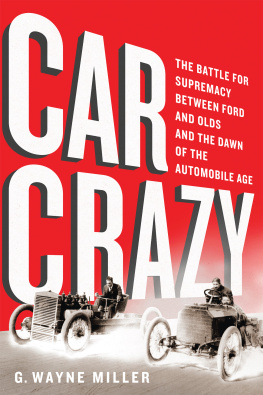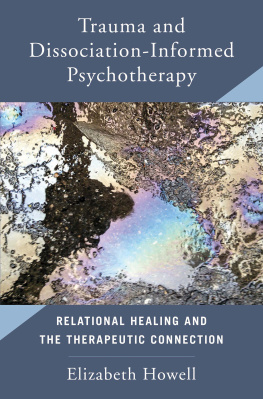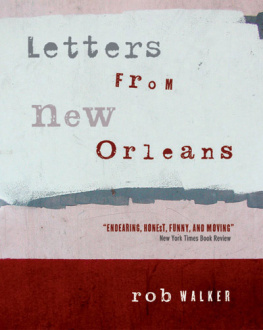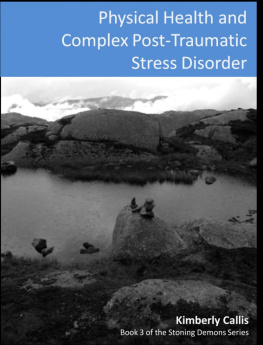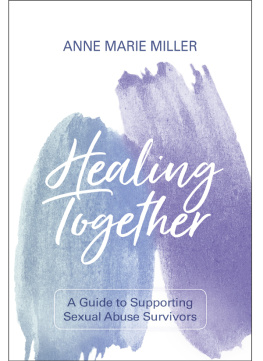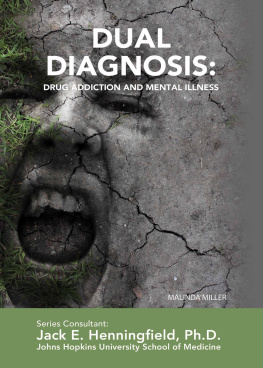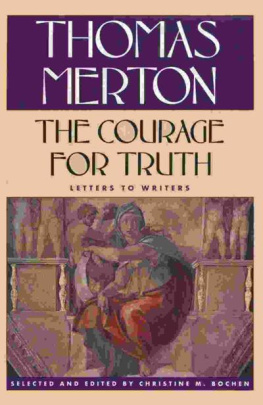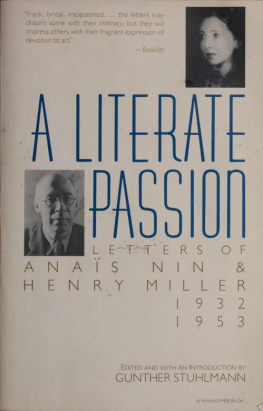Miller - From rage to courage: answers to readers letters
Here you can read online Miller - From rage to courage: answers to readers letters full text of the book (entire story) in english for free. Download pdf and epub, get meaning, cover and reviews about this ebook. City: New York, year: 2009, publisher: W. W. Norton & Company, genre: Religion. Description of the work, (preface) as well as reviews are available. Best literature library LitArk.com created for fans of good reading and offers a wide selection of genres:
Romance novel
Science fiction
Adventure
Detective
Science
History
Home and family
Prose
Art
Politics
Computer
Non-fiction
Religion
Business
Children
Humor
Choose a favorite category and find really read worthwhile books. Enjoy immersion in the world of imagination, feel the emotions of the characters or learn something new for yourself, make an fascinating discovery.
From rage to courage: answers to readers letters: summary, description and annotation
We offer to read an annotation, description, summary or preface (depends on what the author of the book "From rage to courage: answers to readers letters" wrote himself). If you haven't found the necessary information about the book — write in the comments, we will try to find it.
From rage to courage: answers to readers letters — read online for free the complete book (whole text) full work
Below is the text of the book, divided by pages. System saving the place of the last page read, allows you to conveniently read the book "From rage to courage: answers to readers letters" online for free, without having to search again every time where you left off. Put a bookmark, and you can go to the page where you finished reading at any time.
Font size:
Interval:
Bookmark:
The Drama of the Gifted Child:
The Search for the True Self
(originally published as Prisoners of Childhood )
For Your Own Good:
Hidden Cruelty in Child-rearing and the Roots of Violence
Thou Shalt Not Be Aware:
Societys Betrayal of the Child
Pictures of a Childhood:
Sixty-six Watercolors and an Essay
The Untouched Key:
Tracing Childhood Trauma in Creativity and Destructiveness
Banished Knowledge:
Facing Childhood Injuries
Breaking Down the Wall of Silence:
The Liberating Experience of Facing Painful Truth
Paths of Life:
Seven Scenarios
The Truth Will Set You Free:
Overcoming Emotional Blindness
The Body Never Lies:
The Lingering Effects of Hurtful Parenting
Free from Lies:
Discovering Your True Needs
Answers to Readers Letters

W. W. Norton & Company
New York London
Copyright 2009 by Alice Miller
All rights reserved
For information about permission to reproduce selections from this book, write to Permissions, W. W. Norton & Company, Inc., 500 Fifth Avenue, New York, NY 10110
Library of Congress Cataloging-in-Publication Data
Miller, Alice.
From rage to courage: answers to readers letters / Alice Miller.1st ed.
p. cm.
ISBN: 978-0-393-07785-8
1. Child abusePsychological aspects. 2. Adult child abuse victimsMental health. 3. Abused childrenMental health. I Title.
RC569.5.C55M5554 2009
616.85822390651dc22
2009020632
W. W. Norton & Company, Inc.
500 Fifth Avenue, New York, NY 10110
www.wwnorton.com
W. W. Norton & Company, Ltd.
Castle House, 75/76 Wells Street,
London WIT 3QT
I HAVE DECIDED TO publish these answers in book form because there are still people who have no access to the Internet. But even those who can read these responses online may find it more convenient to own the book for quick reference when they are looking for a particular passage. A degree of computer literacy is necessary, however, for those who wish to read the original letters.
When I was young, I was an avid reader of Sigmund Freud. But I lost my interest in psychoanalysis when I started working with patients. I found that the concepts and theories I had been confronted with during my psychoanalytical training were an invitation to blame individuals themselves for their distress. Those theories were in fact designed to repair them or put them straight. In this approach I detected elements of the disastrous and highly abusive ideal of education and upbringing known in German as schwarze Pdagogik (poisonous pedagogy).
What interested me was how this distress had come about, the childhood factors that might explain the sufferings of these adults, and the ways in which they might be able to free themselves from the severe consequences of cruel parenting. None of the theories I came across seemed genuinely willing to engage with childhood reality, and this put them fully in line with the attitude of society in general.
It was my patients themselves who provided indirect answers to my questions. Their reports on what they had been through in childhood revealed facts that had hardly ever been addressed during my training: the severe cruelty inflicted on children by their own parents.
At the same time, I became aware of my patients deeply entrenched resistance to remembering these painful events: they were extremely reluctant to feel the tragic situation they had been in as children and to take it seriously. Some of them described acts of monstrous cruelty with a complete lack of emotion, as if they were something that was only to be expected. They believed their parents had loved them and that as children they had richly deserved severe punishment because they were so insufferable. The regularity with which true feelings were denied or split off made me realize that almost all of us tend to deny, or at least play down, the pain caused by the injuries we suffered in childhood. We do this because we still fear punishment at the hands of our parents, who could not bear to accept us as we truly were. These childhood fears live on in the adult. If they remain unconscious, that is if they are not identified as such, then they will retain their virulence to the end of our lives. Unfortunately, these fears also live on in those who advance theories that camouflage childhood reality and that concentrate instead on the nature of psychic structures. This approach began with Freud and was later taken over by C. G. Jung and others. Like present-day spiritualist interpretations, these theories all served one purpose: to allay the fears of the maltreated children these therapists still were.
As almost everyone on this planet received beatings when they were small and do their best to repress the fear of punishment at the hands of their parents, it is difficult to make this unconscious dynamic apparent. After all, no one wants to be told about sufferings they have been fighting to suppress for decades, sometimes sacrificing their health in the process. After listening to the tragic stories of my patients for twenty years without letting myself be confused by the theories of Freud and others, I wrote The Drama of the Gifted Child , in which I pointed the finger at facts that almost everyone knows but strongly denies. Subsequently, I published For Your Own Good , referring to three biographies to indicate the social consequences that cruel parenting can have. One of the things the book revealed was the way in which the complete and utter eradication of empathy from the earliest years and constant persecution by the father turned the former child Adolf Hitler into a mass murderer with the blood of millions of people on his hands. In my later books I have repeatedly demonstrated how the political careers of mass murderers like Stalin, Saddam Hussein, Slobodan Miloevi, and others were rooted in the denial of the humiliations inflicted on them in childhood.
I received a great deal of praise for my investigations, and yet no one followed in my footsteps. Why? Presumably because almost all of us are victims of more or less severe cruelty, but this is something we either cannot or will not acknowledge until we have finally faced up to the fact.
Naturally I cannot prove this hypothesis because I cannot investigate the lives of all the people in the world. But the letters addressed to my Web site in the last few years reveal the reality of childhood abuse in a way that can hardly be denied. The authors of those letters have decided to break their unconscious vow of silence despite their understandable fear. Encouraged by my books and articles, they have attempted to unearth the memories of their early childhood years, to admit to their true feelings, and to take seriously their indignation, anger, and rage at the behavior of their parents. They were astonished that instead of being punished for this they achieved much greater freedom by recalling those memories. Suddenly they were able to understand the course of their own lives much better and to revive their lost empathy for the children they once were. In this way they learned something they were never allowed to learn as children: to take their own pain, and other feelings, seriously. One reader wrote to me recently: When I was small, I once fell off a wall. An adult passing by asked me if I had hurt myself. I shall never forget it because it was the first time in my childhood that anyone had ever asked me that question. For my parents, my pain and my sorrows just never existed, so I had to wipe them out too.
Font size:
Interval:
Bookmark:
Similar books «From rage to courage: answers to readers letters»
Look at similar books to From rage to courage: answers to readers letters. We have selected literature similar in name and meaning in the hope of providing readers with more options to find new, interesting, not yet read works.
Discussion, reviews of the book From rage to courage: answers to readers letters and just readers' own opinions. Leave your comments, write what you think about the work, its meaning or the main characters. Specify what exactly you liked and what you didn't like, and why you think so.

